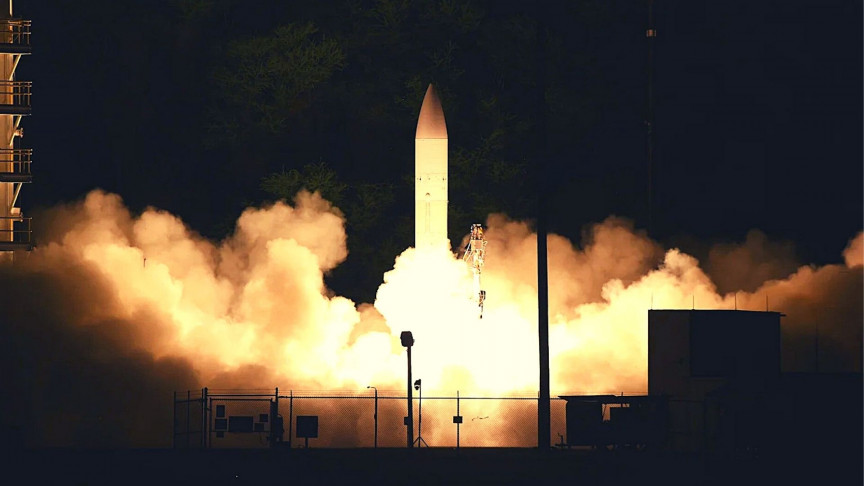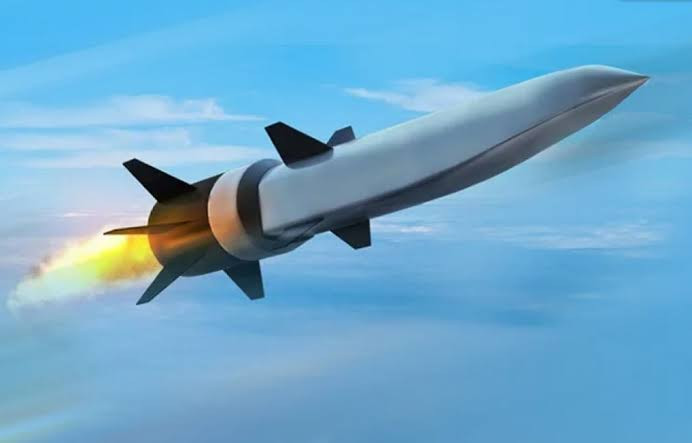The hypersonic race is the new trend nowadays
According to initial reports by Reuters on Thursday, it seems like the Pentagon’s test launch of long-range hypersonic weapon from Alaska did not quite make the cut and failed. This means the US is still behind in the hypersonic race and needs to watch up to the other superpowers China and Russia quickly if it wants to stay in the league.
The weapon had the same missile design as the one used for deployment in the U.S Army’s Dark Eagle in addition to the U.S Navy’s Intermediate-Range Conventional Prompt Strike weapon system. But we’re still not sure if it was the same weapon or since the launch took place in Alaska, maybe it involved a different booster stack or hypersonic payload.

The failed test launch took place at the Pacific Spaceport Complex Alaska on Kodiak Island. “A booster rocket with a hypersonic glide body attached failed to launch today during a launch test at Kodiak, Alaska says a U.S. official,” tweeted Luis Martinez of ABC News on Thursday.
The U.S Army has been dreaming of developing a hypersonic weapon in collaboration with the Army since 2017 with high ambitions to fire it from ships, submarines, and ground-based launchers. Thursday’s failed launch could have served as the first attempt towards a prototype of a two-stage booster with a hypersonic boost-glide vehicle on top but alas, that was not the case.

Earlier, the Pentagon said that it had completed three successful tests of “advanced hypersonic technologies, capabilities and prototype systems” linked to Dark Eagle in addition to the Intermediate-Range Conventional Prompt Strike (IRCPS) weapon “in a realistic operating environment,” according to another Reuters report.
This news comes right after China’s recent test of a new orbital bombard weapon system that makes use of a hypersonic glide vehicle. This is a warning of sorts to the U.S if they want to catch up with China and Russia in hypersonic missile development as the two nations already have a strategic advantage over the U.S forces right now.


